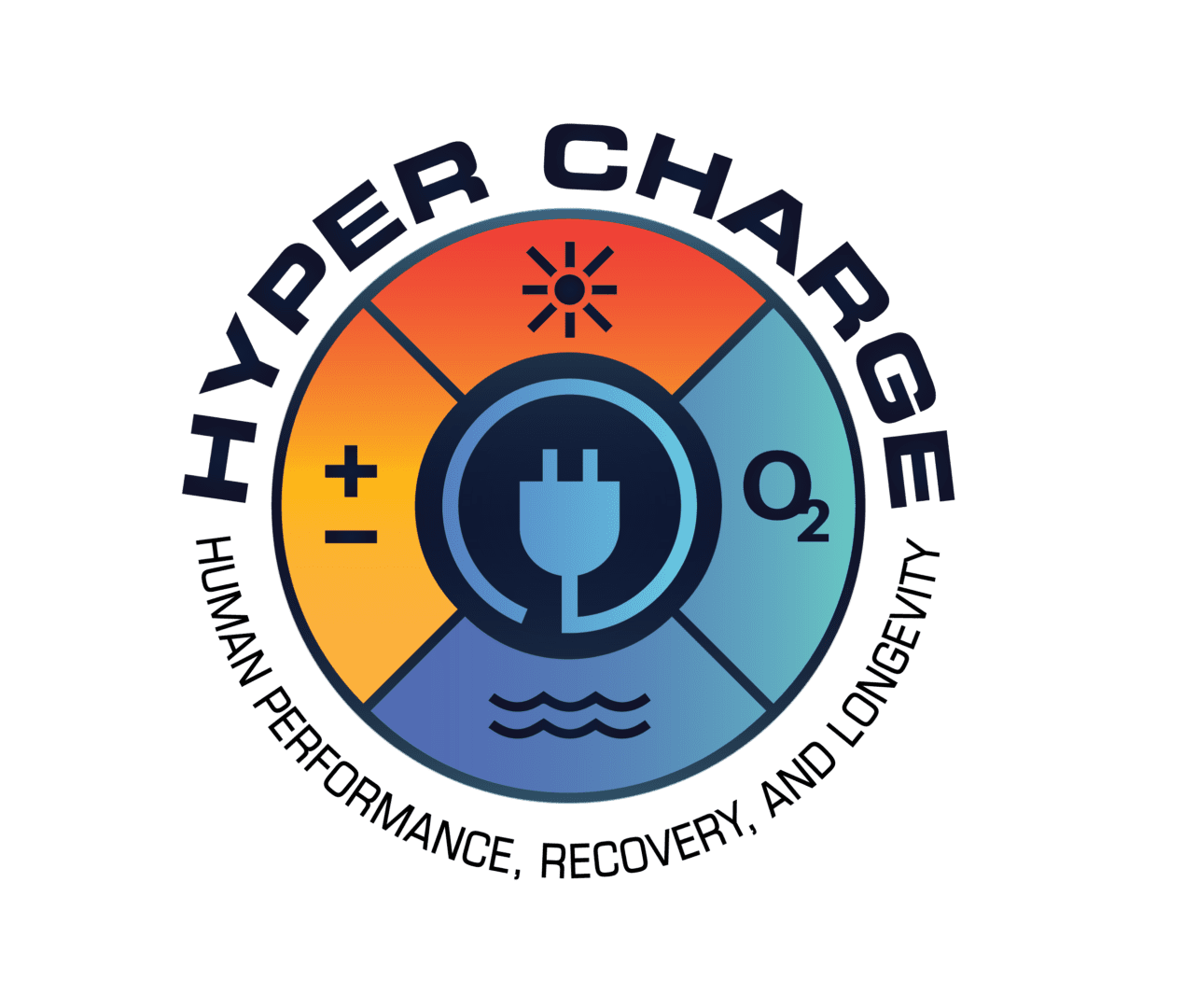What we put in our body plays a big role in our overall health, but many people are a little misguided on the best ways to manage their nutrition. Some of these misconceptions are harmless, while others can actually be detrimental to your health. In today’s blog, we work to dispel some common myths about eating and nutrition.
We work to help clients become the healthiest version of themselves in many ways, and oftentimes our rejuvenation techniques are paired with diet and exercise education so that you can continue your progress when you’re not at the clinic. When we talk about diet and nutrition, we oftentimes talk about some of these myths that we regularly hear.
Myth #1 – It’s Too Expensive to Eat Healthy
Yes, it certainly costs a little bit more money to go for the whole grain bread or the fresh fish over the flash frozen options, but eating healthy is certainly manageable as long as you are a good planner. Do some meal planning and prepare some healthy meals each week, ensuring that your healthy foods don’t go to waste, as they may have a shorter shelf life. If you don’t plan ahead, you may find it easier to rely on fast food or delivery options, which tend to be unhealthy and expensive. You can certainly eat healthy on a budget, but that won’t happen by accident. You need to make a plan and stick with it.
Myth #2 – Detoxes & Cleanses are Healthy Pursuits
Your favorite celebrity may be pitching a lemon water cleanse on their Instagram story, but there is little evidence that these juice cleanses really help to detoxify your body. They may help you limit your intake of poor food choices, but your liver, kidneys and gastrointestinal tract are natural detoxifiers, so don’t assume that you need to go on a major cleanse every three months. If you feel like you need a reset, reach for healthier options like fruits, vegetables, whole grains and fatty fish, and couple these dietary improvements with regular exercise. We think you’ll quickly notice how much better you feel with some diet and exercise improvements.
Myth #3 – Always Grab Low-Fat or Fat-Free Options
It may seem like a low-fat option is healthier than the original recipe, but you’ll want to take a closer look at the nutrition labels. Many low-fat or fat-free products contain added sugar or sodium to make up for the loss of flavor when removing fat. Additionally, some fat helps you feel fuller longer. If you find that you’re snacking sooner after consuming a low-fat food, it may actually be detrimental to your weight loss or health goals.
Myth #4 – Cutting Calories is the Best Way to Lose Weight
On the surface, yes, having a calorie deficit can make it easier for your body to turn to fat reserves for energy production, but you don’t want to starve yourself either. Too great of a calorie reduction can leave you deficient in key nutrients that aid in many bodily functions, like bone production, skin health and kidney function. When you’re cutting calories, still make sure that you are getting a range of vitamins and minerals from your diet to give your body what it needs.
Myth #5 – Improving Your Diet is All you Need to Become Healthier
Improving your diet is just one factor that goes into total body wellness. You’ll also want to:
- Get regular exercise
- Achieve restful sleep each night
- Kick bad habits like smoking
- Manage health conditions in their infancy
At Hypercharge Clinic, we pride ourselves on helping clients improve a variety of aspects of their health. If you’re looking to improve your diet, treat a chronic pain condition or find more energy to attack each day, we know we can help you become the best version of yourself. For more information on how we’ll help you do this, or to book your first session, give the team at HyperCharge a call today at (763) 717-8745.
